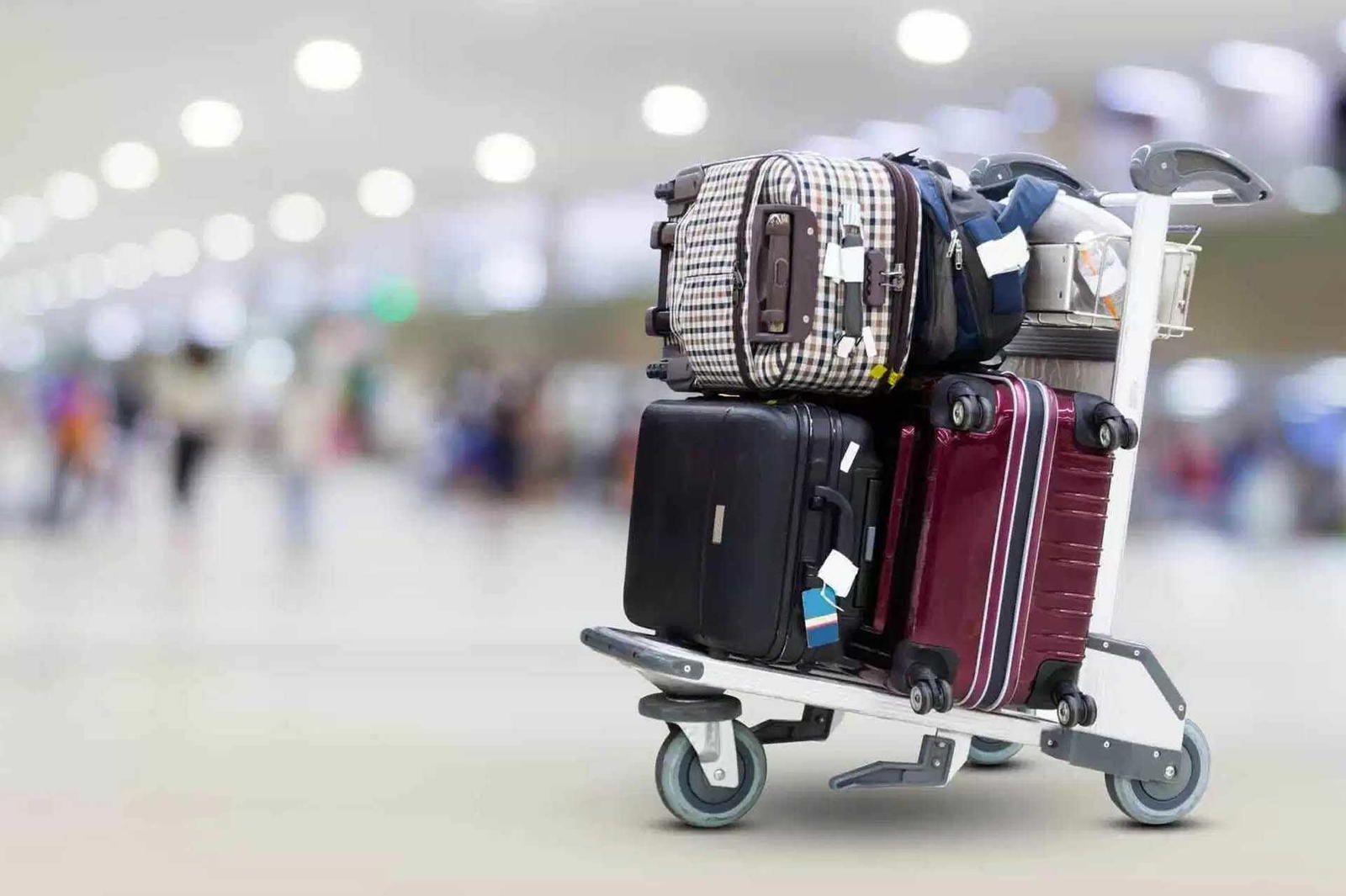
By Joy Ndubueze
The experience of migration is something that binds people from different parts of the world and diverse backgrounds.
For Nigerians the journey of leaving the shores of the country to another in pursuit of greener pastures which we refer to as ‘japa’ is a testament to resilience and adaptability of the human spirit from the excitement of new beginnings to the challenges of cultural adaptation.
In this article, we will explore the challenges and triumphs of embracing cultural differences and overcoming culture shock through the lens of Nigerian migrants.
1. Understanding cultural differences
Cultural differences refer to the unique customs, traditions, beliefs, laws and values that shape the identity of a particular group of people. For migrants, adjusting to life in a new country often means encountering cultural norms that may differ from the way of your country or homeland that you used to already.
From communication style to social etiquette, every day of life presents an opportunity for one to learn and adapt to the ways of a different culture.
2. Accepting culture shock
Culture shock refers to the way one reacts to the unfamiliar customs, social norms and environment. It could be feelings of uncertainty or anxiety people experience when moving to a new country or experiencing a new culture.
It is safe to know that culture shock is a natural response, it is absolutely normal to feel some type of way or rather have mixed feelings about your move or new experiences.
Speaking about people experiencing culture shock, it varies depending on the individual and the destination they are in.
Here are a few cultural shocks people often encounter:
i. Language barrier: Adjusting to a new language or accent can really be challenging especially when trying to have conversations with the locals, and this is important for Nigerians travelling abroad to understand.
ii. Food and cuisines: Trying new and unfamiliar food can be quite fun and a delightful adventure but also it can be a cultural shock. Nigerians and other nationals relocating to the United States and other countries should know that culture shock is possible if the flavors, ingredients, cooking methods are absolutely different from what they used to.
iii. Social norms: Different countries have different social norms which include customs, greetings, acceptable behaviour and the rest. And, this may vary from what you understand or know already and can be quite confusing at first but must be understood.
iv. Dressing: Countries like the United Kingdom and Canada with extreme weather conditions to Nigerians might appear strange with clothes. Clothing styles in these countries are a big issue, and it is important to be aware of acceptable dress codes in these countries including places like offices, schools and places of worship.
v. Time and punctuality: Some cultures are relaxed about time while the developed countries prioritise punctuality. It is vital for Nigerians to know that keeping to time is an integral lifestyle of places like the US, UK, Canada, be it catching buses, planes, trains, and meeting schedules in official settings.
3. Embracing diversity
As an individual embarking or intending to embark on the journey of embracing cultural diversity and overcoming culture shock, it is essential to arm yourself with strategies that foster understanding, connection and growth by approaching the experience with an open mind and curiosity.
Here are some key ways to embrace cultural diversity and overcome culture shock:
1. Understand that adjustments take time and as such avoid mounting pressure on yourself.
2. Approach differences with curiosity and open-mindedness.
3. Engage in cultural exchange activities and seek opportunities for cross-cultural learning as it enhances one’s knowledge of the norms, values that exist in cultures.
4. Build empathy by understanding and respecting the perspectives and experiences of others.
5. Maintain connections to your cultural heritage while also embracing the traditions and customs of your new environment.
6. Seek support from fellow migrants and community resources to navigate challenges and overcome culture shock.
7. Be patient, resilient, and willing to adapt to the nuances of a different culture.
8. Celebrate the richness and diversity of human experience, recognising that embracing cultural differences enriches our lives and communities.
Disclaimer
Comments expressed here do not reflect the opinions of Vanguard newspapers or any employee thereof.